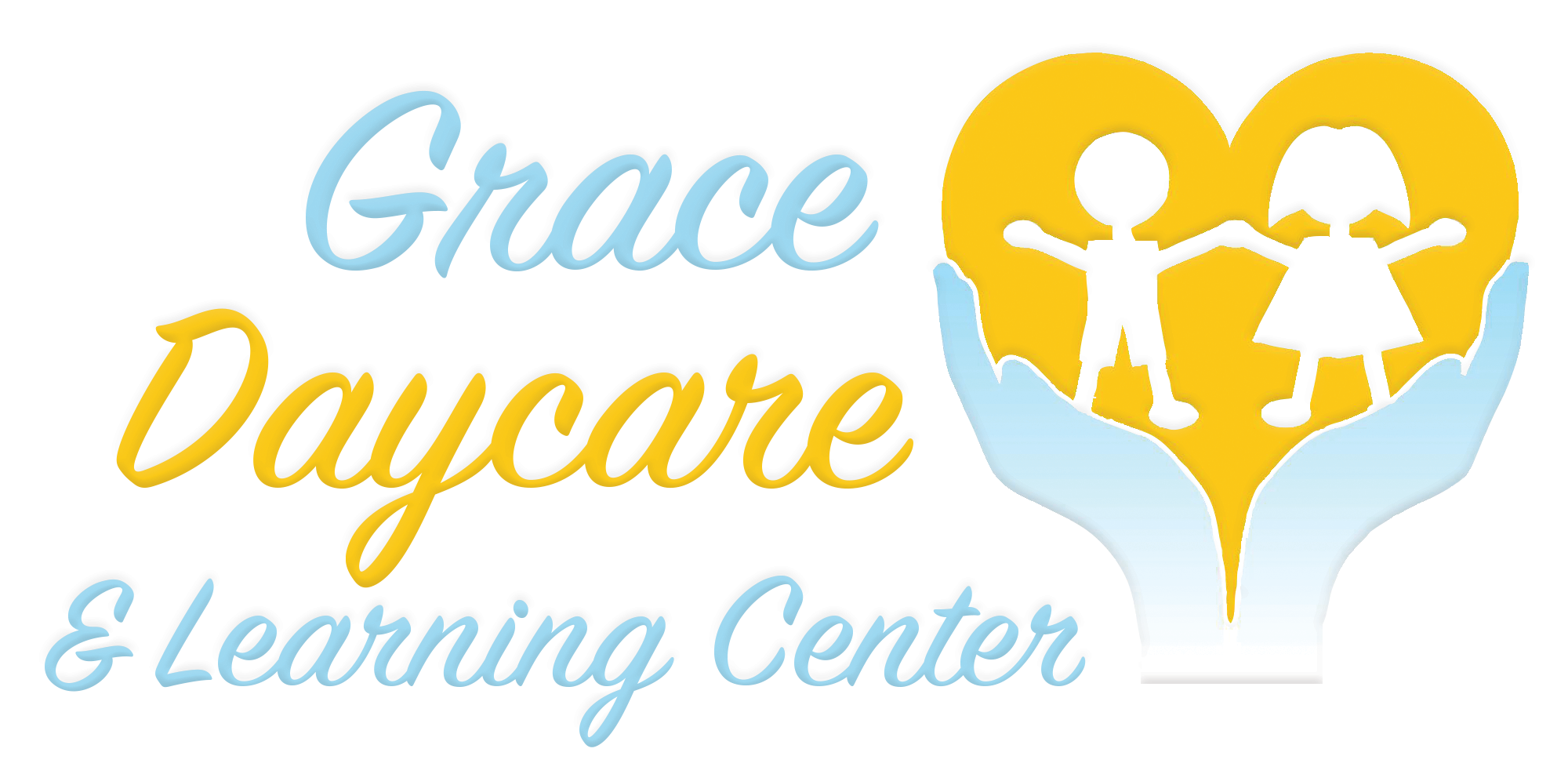
Pre-School
Developing Curiosity, Creativity, and Self Esteem
GDLC uses the Creative Curriculum for Preschool, a written research-based curriculum created by Teaching Strategies. Our innovative system keeps parents well-informed of the latest educational initiatives.The Creative Curriculum for Preschool is one of the country’s leading research-based preschool curricula, which applies the latest theory and research on best practices in teaching and learning. It is based on five fundamental principles:
- Positive interactions and relationships with adults provide a critical foundation for successful learning.
- Social-emotional competence is a significant factor in school success.
- Constructive, purposeful play supports essential learning.
- The physical environment affects the type and quality of learning interactions.
- Teacher-family partnerships promote development and learning.
- Prepare them for Kindergarten
- Helping, sharing and caring for others
- Help them develop positive self-esteem
- Develop the ability to work and cooperate in small and large groups. Understand and respect the property of others
- Increase their capacity to think, reason, question, and experiment
- Develop language and early literacy skills
- Build early writing skills. This includes recognition, letter-sound matching, ideas of printing
- Build oral and listening skills
- Develop familiarity with numbers and mathematical reasoning skills
- Develop awareness and appreciation of art, music, poems, and books. Experience the artistic process
- Increase participation in play, singing, creative experiences, rhythmic activities and dramatic play
- Develop large and small muscle coordination, and activities designed to foster good habits of health and safety. This includes activities geared toward building strong muscles and coordination
Toddlers
Fostering Developmental Growth
Our toddler daycare environment supports your child’s cognitive and physical development through age-appropriate activities that are designed to enhance fine and gross motor skills, hand-eye coordination, and communication skills. Our daily toddler day care activities are incorporated to promote language, develop communication, increase vocabulary and help your child to become problem solvers. An important part of child development is being able to do things by himself or herself. On a daily basis, you will receive updates which outline your child’s day, including eating, napping, diapering, general needs, and special activities.
- Interact and get along socially with peers.
- Develop strong, good self-concepts, which will hold well into elementary school years.
- Be happy with school ideas and new friends.
- Develop self-control.
- Become aware of other’s feelings.
- Cope with stressful situations.
- Develop physical skills.
- Have and sense of satisfaction with their individualism and feelings of self-respect.
- Develop intellectually, socially, emotionally, and physically. Be well-rounded.
- Develop appropriate language, pre-reading, pre-math and simple science skills.
- Stimulate curiosity in learning through discovery, exploration and play.
- Encourage creativity, problem solving and decision-making skills.
- Have a good, relaxing, loving, happy time in a growing and helping environment.


Infants
Building Strong Foundations
Play opportunities are essential throughout early childhood. For infants this means sensory experiences and adults who cuddle and talk to them. It means careful selection of toys and materials that stimulate and challenge them but are not over-stimulating. As the infants become more mobile, they should be able to count on a safe and interesting environment to explore. Some activities for this age group might include: scooting on the floor, looking in a reflective mirror, reaching for objects to grasp. Language activities that begin as “Ma Ma” or “Da Da” will soon become extended through repeating words of an adult’s stories, songs and finger plays. Art activities are provided to give infants and exposure to a variety of materials and enjoyment for the process of the project.
- Interact and get along socially with peers.
- Develop strong, good self-concepts, which will hold well into elementary school years.
- Be happy with school ideas and new friends.
- Develop self-control.
- Become aware of other’s feelings.
- Cope with stressful situations.
- Develop physical skills.
- Have and sense of satisfaction with their individualism and feelings of self-respect.
- Develop intellectually, socially, emotionally, and physically. Be well-rounded.
- Develop appropriate language, pre-reading, pre-math and simple science skills.
- Stimulate curiosity in learning through discovery, exploration and play.
- Encourage creativity, problem solving and decision-making skills.
- Have a good, relaxing, loving, happy time in a growing and helping environment.
